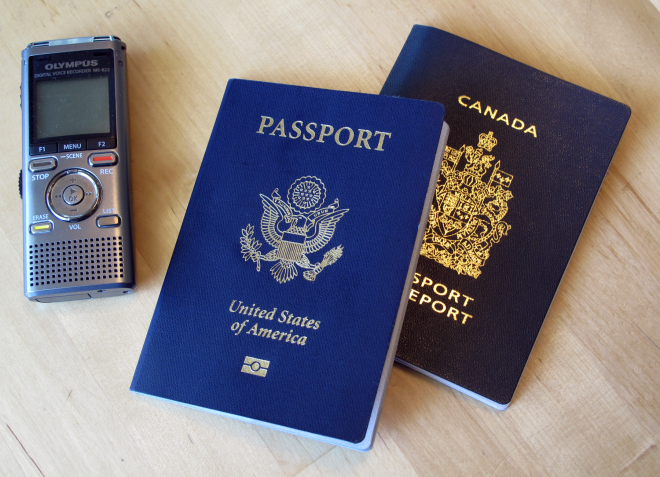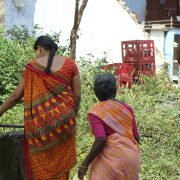For the best of both worlds
By Jon Baskin, MSW candidate ’15, traveling to Michigan and Ontario, Canada
I am in the somewhat uncommon but fortuitous position of being both an American and a Canadian. After having lived in both countries, I’ve reflected upon their similarities and differences, particularly as cultures, social systems, and ways of thinking readily cross increasingly porous international borders. I have also experienced each country’s social service systems, including their health care systems; these experiences piqued my interest about ways in which these systems’ similarities and differences affect approaches to treating physical and mental health issues.
This past year, I had the privilege of working at the Nathanson Family Resilience Center in the Semel Institute as a first-year MSW intern in a pilot school readiness program for children with Fetal Alcohol Spectrum Disorders (FASDs) and their caregivers. FASDs, which include Fetal Alcohol Syndrome (FAS), occur as a result of prenatal exposure to alcohol, and can in some sense be invisible illnesses: difficult to diagnose, impossible to cure, and with a range of effects that can make school, home, and social life immensely challenging for those affected and their families. Indeed, children affected often struggle through school with inadequate support and teachers and administrators who misunderstand them; their caregivers—be they foster, adoptive, or kin—are doubly overwhelmed by their child’s challenging behavior and by a dearth of services to meet their needs; by virtue of difficulties understanding cause-effect relationships coupled with impulsiveness and frustration, people affected by FASDs are also likely to encounter the criminal justice system. FASDs are a burden for the many people affected, their families, and for societies, as well.
With all of this in mind and with support from the Hildebrand Fellowship, the Center for Canadian Studies, and the Luskin School of Public Affairs, this week I travel to Michigan and Ontario to learn first-hand about how differences between American and Canadian social service systems affect access to and utilization of services for FASDs. I’ll be speaking with caregivers of people with FASDs, service providers, and researchers in both countries to learn about their experiences in the context of the differences and commonalities between the two systems. Ultimately, I hope to learn about how these differences change ways in which people with FASDs interact with and are treated by their country’s justice system. I’m most excited, though, about the opportunity to connect with unique people facing and transcending incredibly trying circumstances and to hear their stories.










